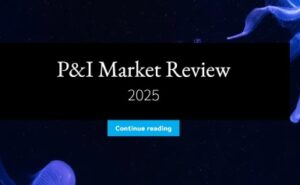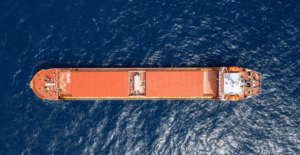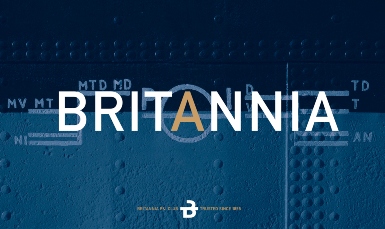 The Swedish Club has shared a case study in which grain beneath a leaking cargo hold hatch was damaged after a vessel encountered severe weather conditions.
The Swedish Club has shared a case study in which grain beneath a leaking cargo hold hatch was damaged after a vessel encountered severe weather conditions.
In late November, a geared bulk carrier was loading grain at a U.S. West Coast port, with Asia as the discharge destination. Prior to commencement of loading, the cargo holds were inspected and passed by a surveyor in accordance with current USDA/FDA standards. The vessel’s crew had also prepared the cargo holds and hatch covers in line with ISM requirements and industry guidelines, which included cleaning the hatch coaming channels and hose testing of the hatch covers. No signs of water ingress were detected during the pre-loading inspection. Continue reading “The Swedish Club shares case study on leaking cargo hold hatch”

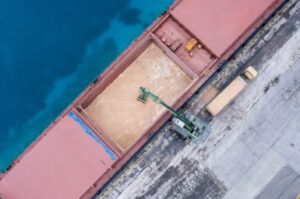
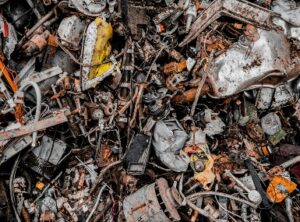 NorthStandard P&I Club has issued guidance on the rising fire risks associated with scrap metal cargoes, particularly those coming from East Coast USA and Ghent, Belgium. They highlight the need for strict vigilance.
NorthStandard P&I Club has issued guidance on the rising fire risks associated with scrap metal cargoes, particularly those coming from East Coast USA and Ghent, Belgium. They highlight the need for strict vigilance.